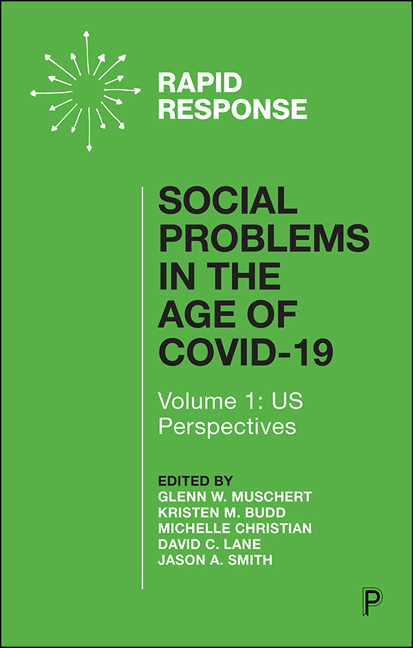1 - Creating Safer Environments for Survivors: Housing-Based Approaches to Intimate Partner Violence
Published online by Cambridge University Press: 23 March 2021
Summary
The Problem
Intimate partner violence (IPV), often used synonymously with the terms domestic violence or dating violence, is an extremely prevalent form of gender-based violence that occurs between romantic partners, spouses, or others living in the same home. IPV had been considered a public health crisis long before the COVID-19 pandemic began. According to the US Centers for Disease Control and Prevention (CDC), in the United States, about one in four women+ and one in ten men report having experienced IPV at some point during their life. While many statistics focus on survivors who are heterosexual cisgender women, LGBTQ+ people are equally vulnerable to IPV. Rates of IPV are higher among people of color compared to White people. Though a wide variety of behaviors can be understood as IPV, the CDC defines five types of IPV, including physical violence, sexual violence, psychological aggression, stalking, and control of reproductive and sexual health.
The United Nations Population Fund estimates that COVID-19 will result in an increase of 15 million cases of IPV and a 20% increase in incidence of IPV globally. As violence is fundamentally about power and control, violent incidents often increase during times of crisis, when many experience a loss of control. Since the implementation of shelter-inplace orders that instruct residents to stay at home for nonessential purposes, as well as social distancing guidelines that discourage being in spaces where people may be in close contact with each other, rates of IPV appear to be increasing by many measures. Internet searches for assistance with IPV have surged, a growing number of people have been reaching out to domestic violence hotlines, and the media has drawn greater attention to domestic abuse killings reported around the globe.
Social distancing and shelter-in-place orders have helped to prevent the spread of the virus; however, they have also increased survivors’ vulnerability to experiences of violence at home. Survivors who have previously experienced violence are trapped at home with their abusive partners, while the stress of COVID-19 has also catalyzed the emergence of IPV behaviors in relationships where violence may not have previously occurred. Survivors have reported new forms of abuse during the pandemic, such as withholding access to and/or financial support for necessary medical treatment. Being forced to stay at home further reduces survivors’ already limited options for leaving an abusive environment.
- Type
- Chapter
- Information
- Social Problems in the Age of COVID-19 Vol 1Volume 1: US Perspectives, pp. 2 - 12Publisher: Bristol University PressPrint publication year: 2020



